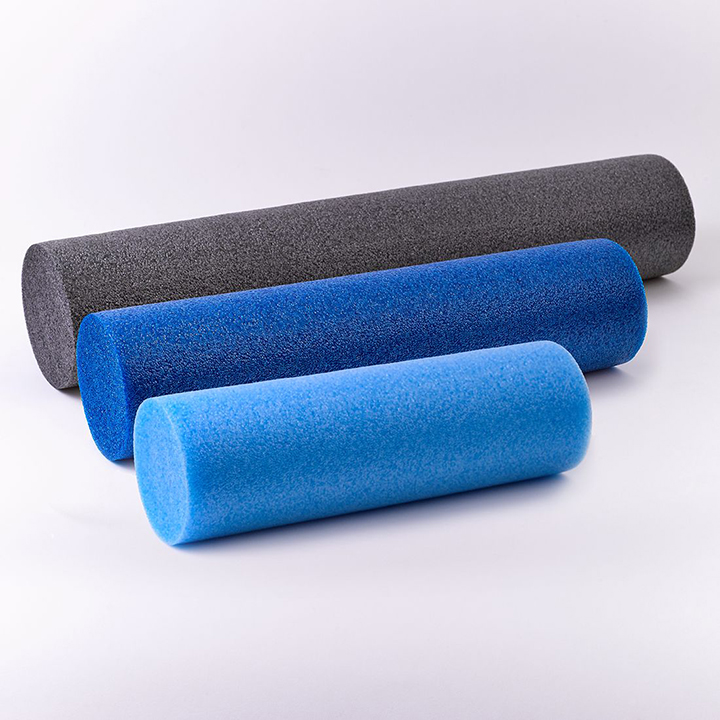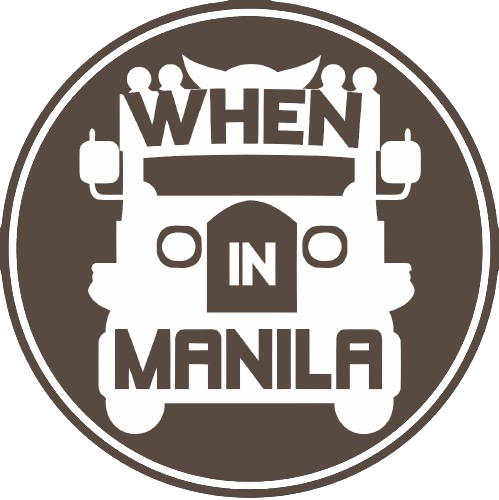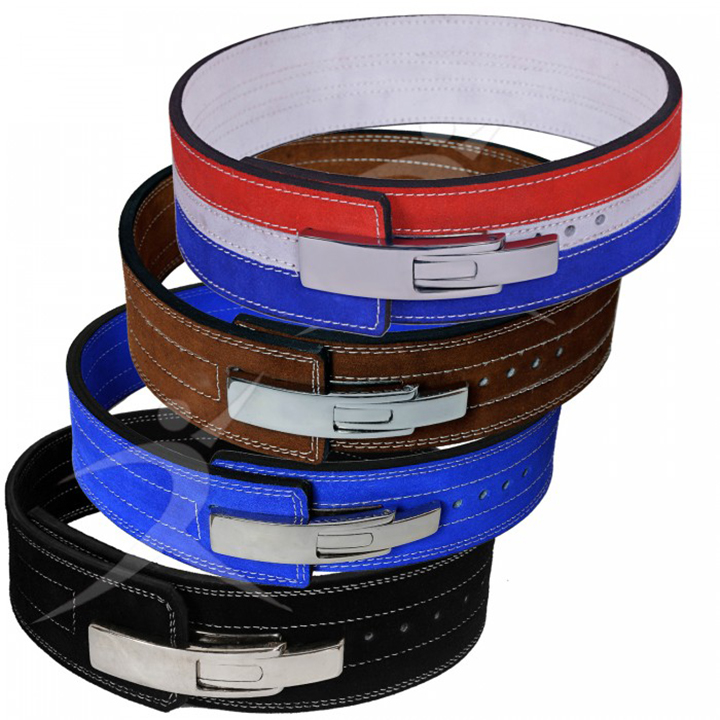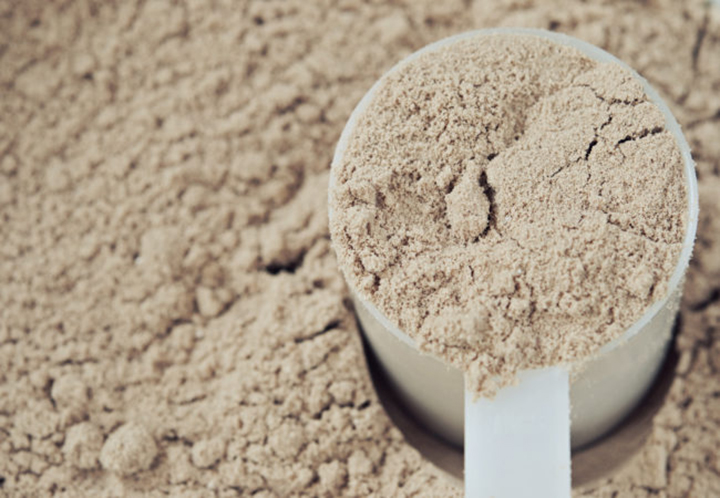Words by: Miko Insame
A lot of being fit and enjoying the process of exercise falls in making sure you’ve got the right principles to go off from. For me, the principle is to always “improve from the last time.” It’s a principle that carries on to life as much as it does whenever I do my lifts or go through circuits.
What helps in going through that are supplementary items and accessories. There are some things in my gym bag and inside my own home that, thinking about it now, would’ve helped me greatly if I had it or knew about it when I first started my fitness journey.
There are, however, some things beginners don’t really need or are pressured to buy since it’s shilled as a product that gives instant results which is, admittedly, something we all find tempting. But nothing in getting fit and improving your body is ever instantaneous, so I’ve come up with a list of 3 things that you might find helpful when beginning a fitness journey and 3 things that you should either leave out or wait until you get more advanced.
1. Foam Rollers

Photo from: Gearbest
Foam rollers and other massage equipment don’t get a lot of attention when it comes to items for beginners, but I think it should be something beginners should invest in when they start out. The reason being is that one extremely overlooked part of working out is warm-up and recovery. A lot of beginners usually overlook stretching, warm-up, and cooling down, when these are essential for priming the muscles in your body to do the heavy work. Just be sure to learn how to properly use a foam roller for warm-up so you can maximize the benefits.
Verdict: Beginner-friendly and essential. Get it to prolong your fitness journey before it even starts.
2. Lifting Belts
Photo from: ARD Champs
A weightlifting belt is one of the best investments for a lifter. It improves your power by changing the way your body produces force so you can lift even more weight and work your muscles even harder. It helps in bracing and back placement to produce power more efficiently. Those buff, hardcore lifters in your gym lifting weights you can only dream of moving? Yeah, they’re probably wearing a weightlifting belt.
The question is, do you actually need this as a beginner?
Beginners won’t really need this yet because of how your your body will react to strength training for the first time. What happens is that your body will overcompensate for the newly added stress it’s getting and you will see a huge leap in gains and progress when you first start out. Because of this, it’s more essential for a beginner to have a solid foundation of form first.
So before you think about buying that lifting belt, be sure that you actually have a good form. Hiding it behind a belt is not only detrimental to progress but also dangerous and could put you at risk of injury when lifting weights that some of your muscles may not be ready for because of the belt (i.e: your back).
Verdict: Not essential to the beginner lifter. Much better to start out learning proper bracing and form.
3. Protein Powder
Photo from: Cleveland Clinic Health Essentials
Protein powders. What are they? The most common form is called whey and it’s a byproduct of the production of cheese. People realized that because protein is such an important building block for building muscle, having something that’s 80-90% protein is very convenient for people who have to be on the go or can’t afford a lot of food that’s high in protein.
For me, I think protein powder is the only food supplement beginners can call essential. In a world that’s increasingly demanding so much from people, it gets hard to keep your diet in check and get enough protein so we can actually reap the benefits of all our trips to the gym. With protein powder, it’s an accessible and cost-efficient way to make sure you get the protein you need quick and easy. No, it isn’t filled with anything harmful or dangerous because, again, it’s a byproduct of making cheese. The only people who shouldn’t be drinking this are those who are lactose intolerant. Even then, options like soy protein are available.
Other than that, protein powders come in all forms and sizes with nutrition companies all claiming that theirs is the best. Just remember that they’re essentially the same thing inside and it’s a matter of preference as to what you like from the powder.
Verdict: It’s definitely essential! Just make sure that you actually use it to supplement a balanced diet instead of making it your actual diet.








